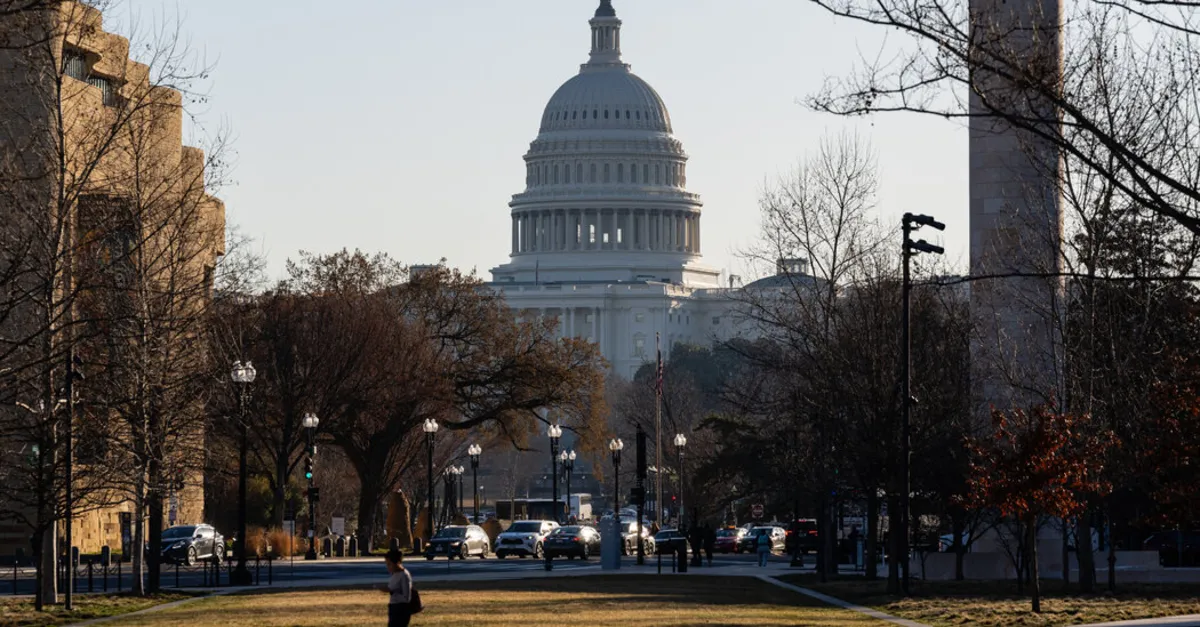
The recent controversy surrounding the Greenhouse Gas Reduction Fund has escalated as a total of eight nonprofit organizations received grants amounting to $20 billion. This funding was made possible through the $27 billion allocated by Congress via the 2022 Inflation Reduction Act. However, the situation took a turn when Lee Zeldin, the Administrator of the Environmental Protection Agency (E.P.A.), attempted to retract these funds, labeling them as part of a “scheme.” He cited a hidden-camera video from Project Veritas, a conservative group known for using covert recordings to target political opponents, as evidence for his claims.
The E.P.A. holds the power to cancel grant contracts if it can substantiate claims of waste, fraud, or abuse by the grantees. As of now, no such documentation has been provided to support Zeldin's assertions. In response to the freezing of funds, Democrats on the House Energy and Commerce Committee have initiated an investigation into Zeldin's actions and what they describe as “false and misleading statements.” Two of the nonprofit grant recipients, Climate United and the Coalition for Green Capital, have announced their intention to legally challenge the potential cancellation of their grants, with a court hearing set for Wednesday.
The controversy began when Zeldin publicly announced the discovery of billions in grant funding at Citibank, calling the Greenhouse Gas Reduction Fund a “scheme” with insufficient oversight. Zeldin has aligned himself with the Trump administration's focus on spending cuts, having canceled numerous E.P.A. contracts worth approximately $2 billion across over 400 initiatives.
The $20 billion program was designed to facilitate low-cost loans for businesses and developers to propel climate initiatives, such as installing solar panels and enhancing energy efficiency in homes. The E.P.A. allocated this funding to eight nonprofits, which were to distribute loans and grants to local “green banks” or credit unions, aimed at attracting private investments to green projects.
While Zeldin has portrayed the decision to use Citibank as an intermediary as an attempt to evade oversight, grant recipients and former E.P.A. officials argue that the agency retained full visibility over the transactions. Presently, it remains unclear how much of the $20 billion was disbursed prior to the freeze. The E.P.A. has not provided clarity on the amount lent out by these nonprofits, as the financial activities occurred under the Biden administration.
The decision to freeze funds caught Climate United off guard. The organization, which was awarded nearly $7 billion, received a termination letter just thirty minutes before the agency issued a public statement. Grant recipients have been unable to access their allocated funds since mid-February, which have been held at Citibank under an agreement with the E.P.A. Without these promised funds, many nonprofits are struggling to meet payroll obligations.
The E.P.A. cited “material deficiencies” in the program, highlighting the lack of adequate oversight and improper allocation of funds as reasons for the freeze, although no evidence was provided. The Coalition for Green Capital, one of the major recipients, branded the E.P.A.'s decision as “unauthorized and unlawful,” indicating that they are exploring legal options.
As this situation unfolds, the implications for the Greenhouse Gas Reduction Fund and its grant recipients remain uncertain. The outcomes of the ongoing investigations and legal challenges will likely shape the future of these climate initiatives and the funding mechanisms that support them.